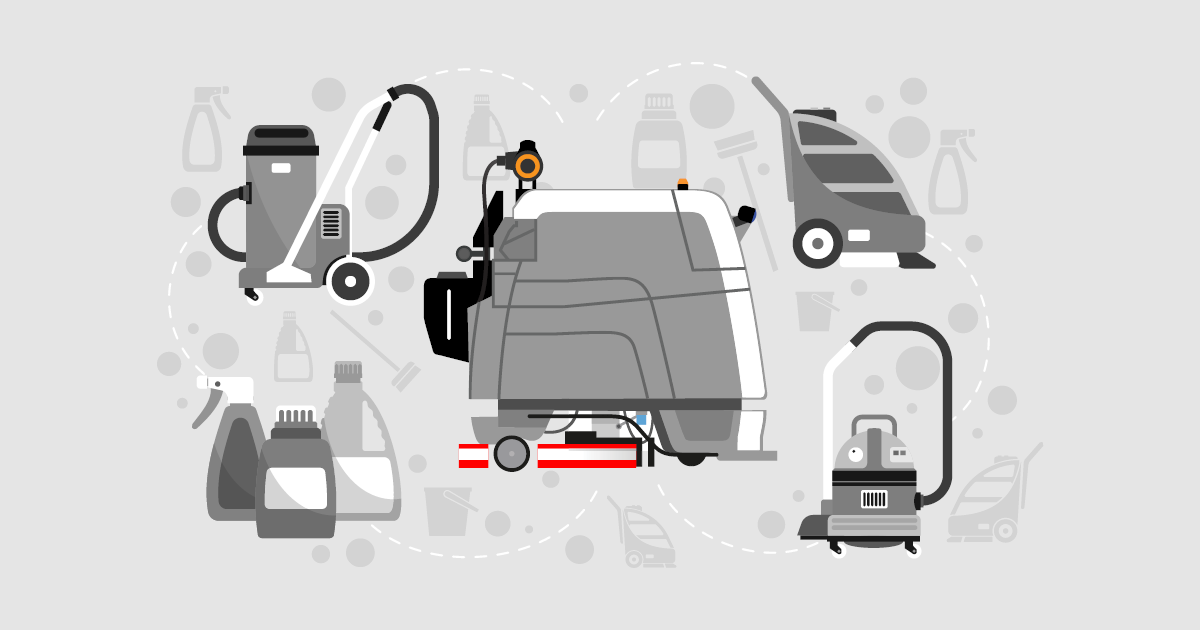
The hidden costs of employee absenteeism at your workplace
Health-related absences are an inescapable part of everyone’s professional life. For companies they’re an unavoidable cost of doing business.
After almost three years of COVID-19, health-related absenteeism has taken on renewed importance. It’s not difficult to understand why: staggering financial losses making a significant impact on organizations.
Personal and/or family health problems cost the U.S economy $225.8 billion in lost productivity every year — numbers which continued to climb during the pandemic.
In Canada, full-time workers miss 9.5 days per year on average because of illness and/or injury, with mental health issues alone costing Canadian businesses $16.6 billion per year. With terms like “burnout” becoming a regular part of the pandemic conversation, this figure has risen dramatically.
Although we all get injured or sick, certain professions are more susceptible than others. One line of work that is especially vulnerable is custodial workers. Indeed, cleaning occupations have one of the highest absence rates due to illness and/or injury.
But is a company’s productivity the only thing that suffers from health-related absenteeism?
Workers missing time has a ripple effect on others inside the workplace. Here are three hidden ways health-related absenteeism impacts your staff and your business.
1. Falling behind on work
When a member of your cleaning team is absent from work, the messes don’t disappear. Quite the opposite. The task becomes more difficult to complete, placing further stress on your staff as they struggle to keep pace.
In many facilities — such as hospitals, warehouses and airports to name a few — falling behind isn’t an option. Both environments require around-the-clock floor care because of how they operate and the nature of the services they offer.
Given the size and scope of these operations, missing just one cleaning task because you’re understaffed on a particular day(s) can have consequences. More worryingly, these consequences snowball into larger problems the longer they’re left unaddressed. This leads to point number two.
2. Increasing the workload on others
An unstable labor supply is affecting every industry across the world, and custodial positions are no exception. Already a dirty, dangerous and demanding job, staffing disruptions caused by absenteeism only further worsen the issue.
For team members pulling double duty because they’re covering for absent workers, the effects can be severe. Without warning they find themselves responsible for even more tasks in the same amount of time.
With workloads that require a regimented approach to ensure consistent cleanliness standards, surprises are unwelcome and detrimental. To meet these additional demands, staff must work harder and faster to get the job done — becoming increasingly tired and prone to burnout — or leave it for another time.
In both cases, the resulting clean is substandard. This increases the risk of health and safety issues to the public and your staff, causing even more health-related absenteeism — a vicious cycle of lost productivity and damaging outcomes.
3. Untrained staff filling the gaps
What happens in situations where no one else is available to pick up the slack? Who fills in then?
In many instances, staff must divert from their regular duties to help with cleaning. For example, a warehouse worker or teacher may be left cleaning the floors, or a retail worker may find themselves mopping up messes throughout the day instead of helping customers. Regardless of the scenario, these additional tasks distract them from their core responsibilities while asking them to do even more over the duration of their shift.
When you redirect someone to perform unfamiliar activities such as cleaning, performance levels drop. And because they lack the experience or training to properly execute certain cleaning jobs, this again creates potential safety issues for others as well as an increased risk of personal injury to themselves.
Safeguard your facility (and your workers) with cleaning automation
Neo, the fully autonomous floor scrubbing robot from Avidbots, is a cost-effective way to protect your business — and your workers — from the negative effects of health-related absenteeism.
Neo doesn’t get hurt, sick or stressed out over the day’s workload. If required to work longer hours, Neo performs at the same elevated level. In fact, Neo’s easily swappable batteries allow it to operate 24/7, ensuring you’re never left shorthanded.
With Neo handling floor care, you can ease the strain of repetitive, tiring and cumbersome cleaning tasks on your team, helping reduce one of the root causes of injury and illness among custodial workers.
Neo is a pre-emptive measure against health-related absenteeism and the domino effect of negative consequences left in its wake. With a return on investment that grows the more you use it, Neo is a smarter and more efficient way to clean your facility.
Interested in exploring how Neo can assist your cleaning teams by preventing some of the negative repercussions of health-related absenteeism? Contact us today to learn more.
Related articles
Subscribe to the Avidbots blog!
Stay in the know about all things Avidbots plus the latest industry and technology insights.